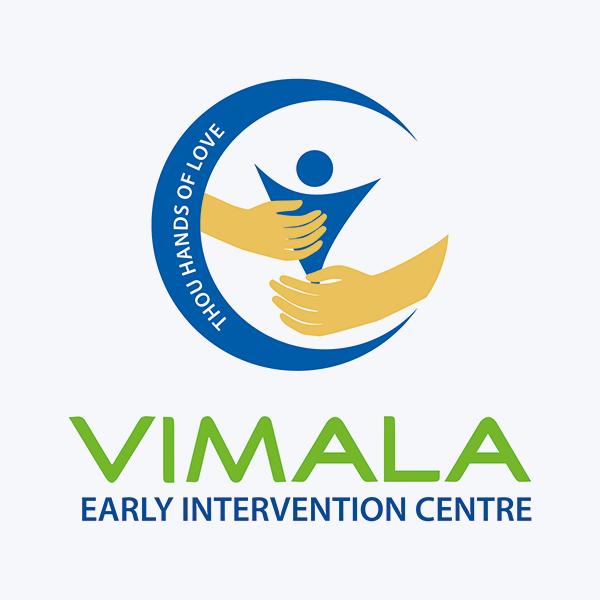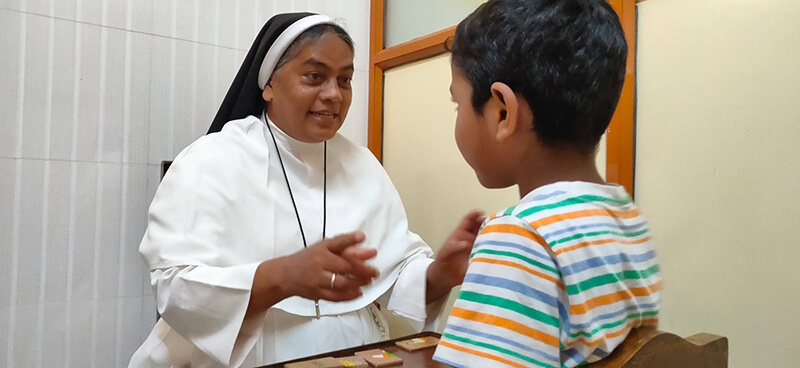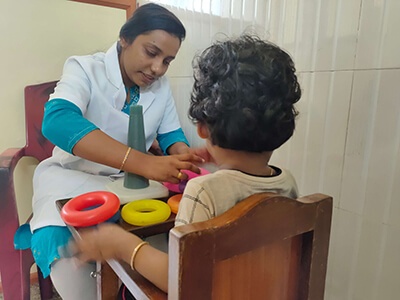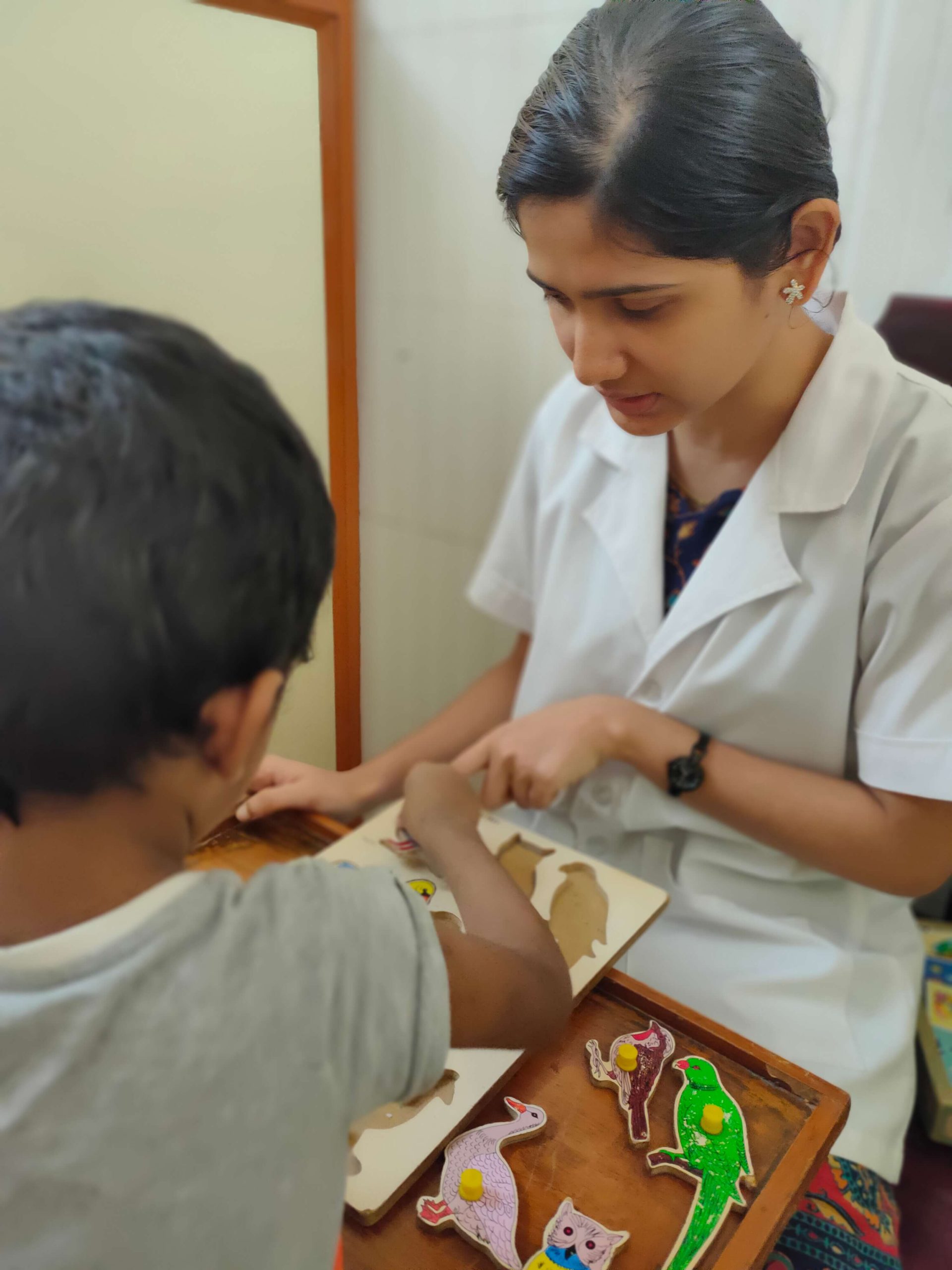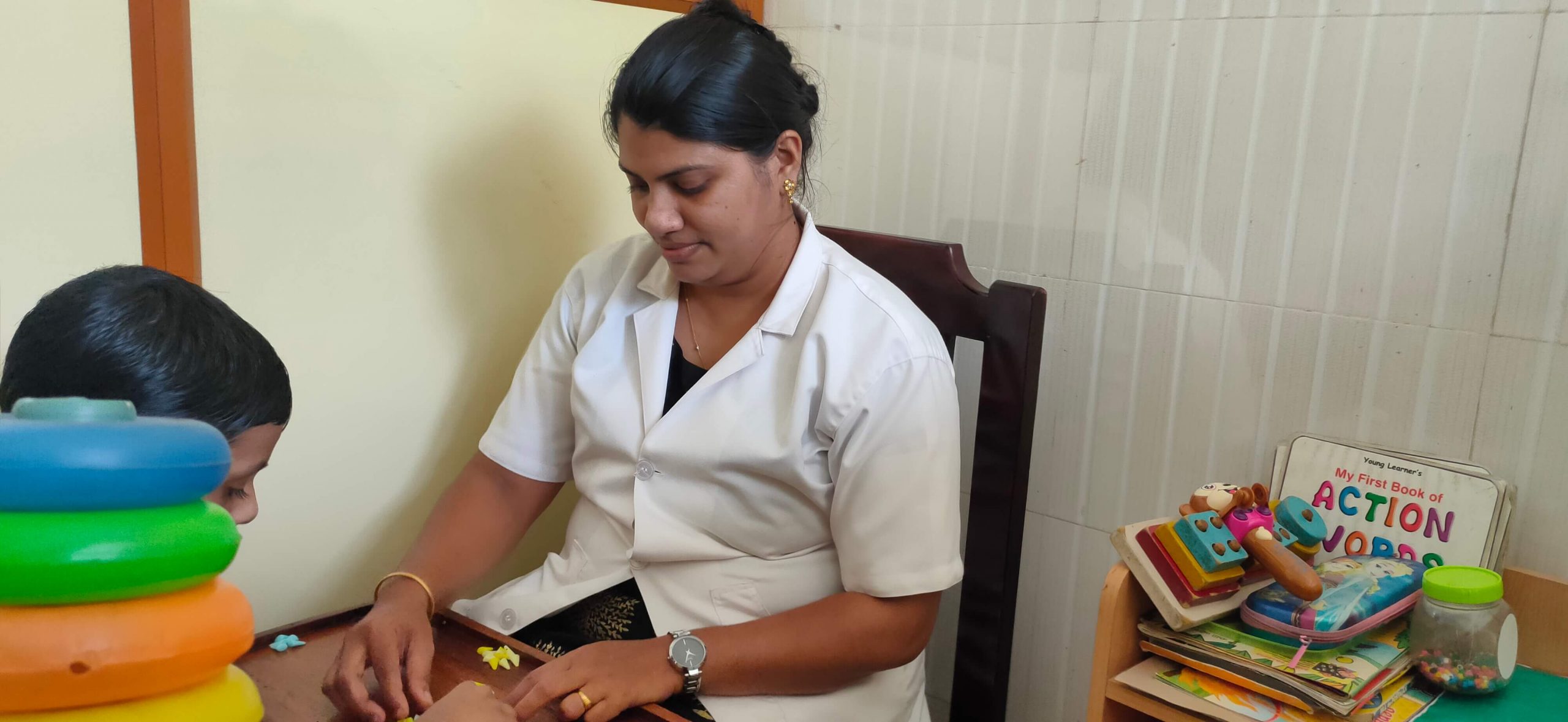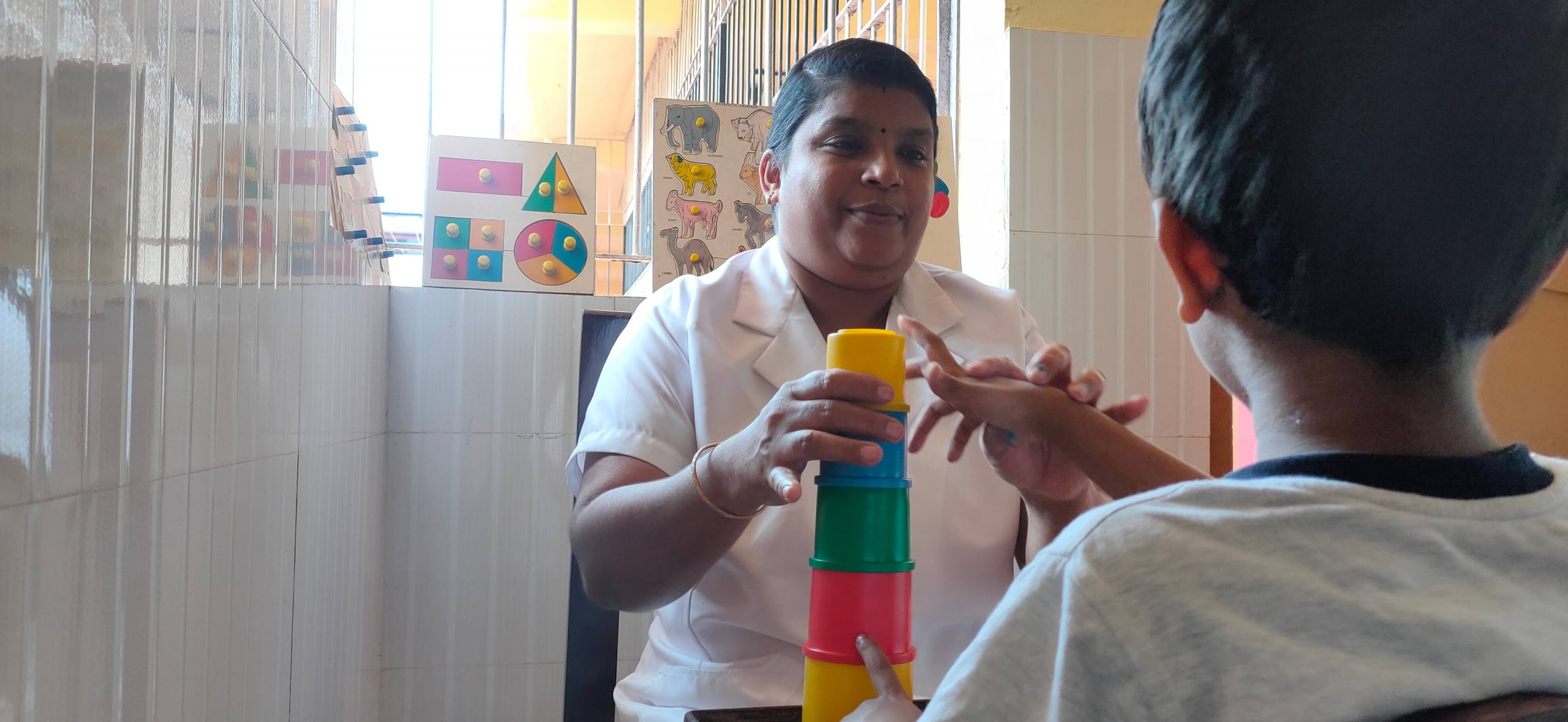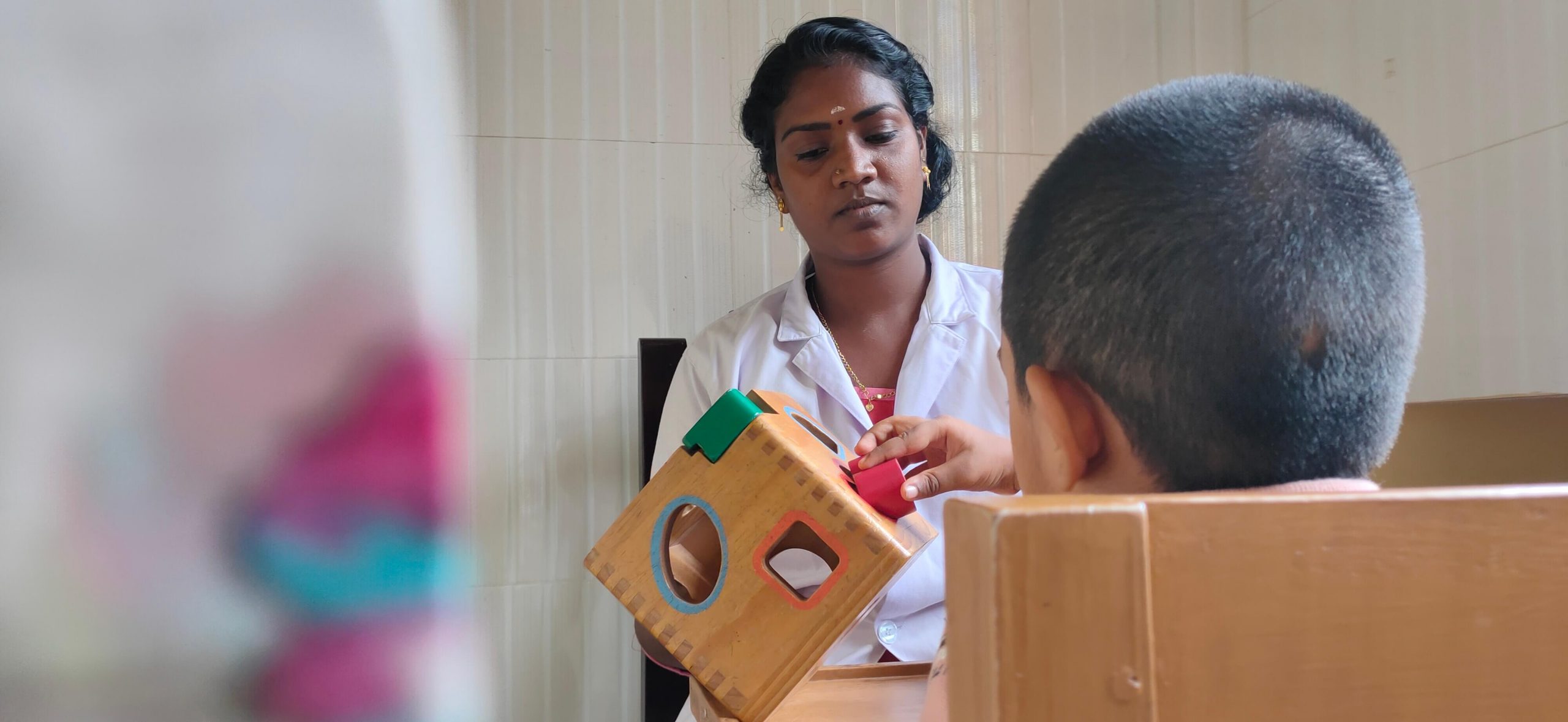Special Education Department
Trained special educators play an essential role in early intervention and preschool programs. Scientific checklists are used to identify children who need intervention. After assessment, special educators set individualized goals for each child.
This stage is the primary target of early intervention. Children are expected to develop cognitive skills and pre-linguistic skills, progressing from recognizing shapes, matching, and ordering to the concrete and then abstraction stages of development. Other departments work to reduce or remove barriers to achieve these targets, making this the ultimate goal of early intervention. Specialized professionals are crucial for improving the quality of assessment and supportive care.
Group therapy is provided to enhance social interaction and readiness for inclusive education. Music therapy is used mainly for relaxation, motor imitation, pain relief during exercise, and to improve imita tion and language skills for sensory integration. The therapy room is equipped with various activities and play materials, such as a vestibular balancing swing, ball pool, slide, steps, trampoline, balancing board, and more.
Currently, nearly 100 children participate in the special education intervention program, supported by a team of 10 special educators working collaboratively to achieve the goal of cognitive development.
